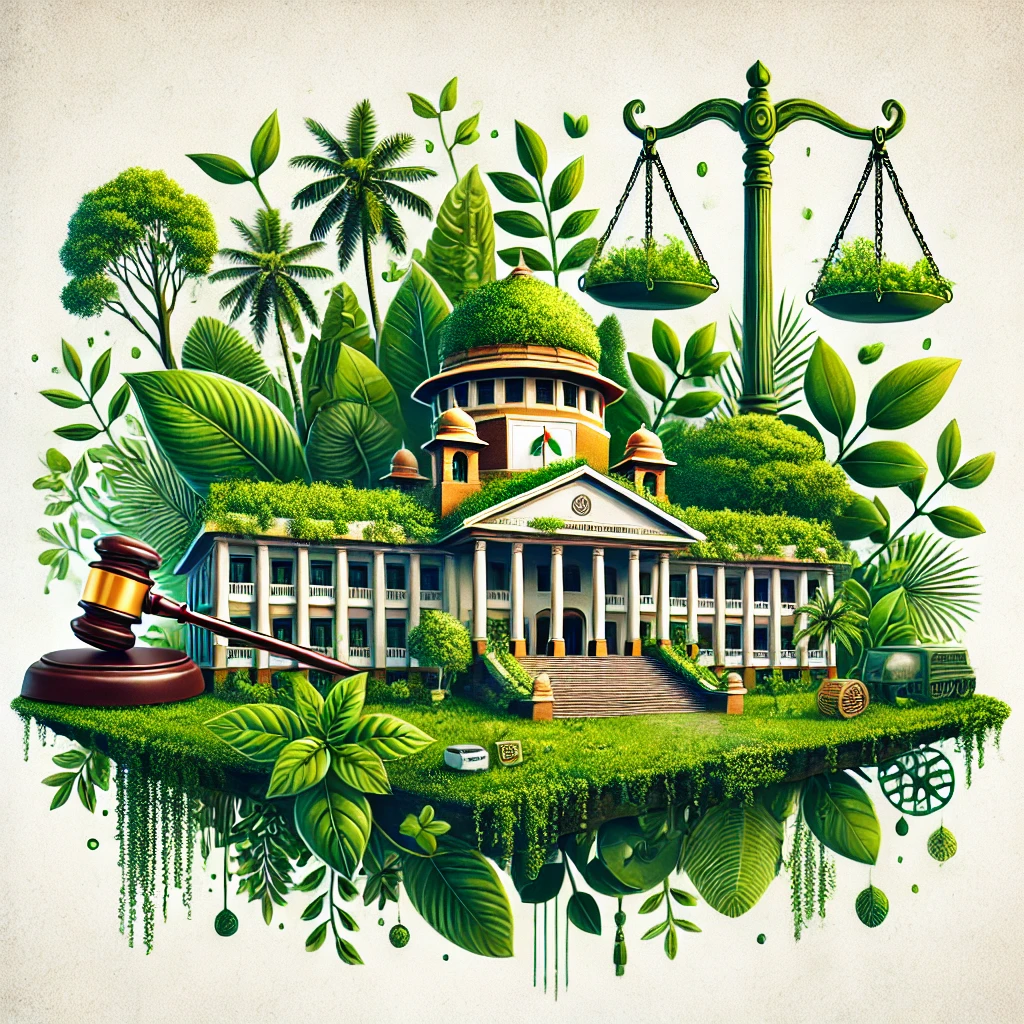Environmental laws at Tanzania
Tanzania's environmental legal framework is designed to promote sustainable development and protect natural resources. The cornerstone of this framework is the Environmental Management Act (EMA) of 2004, which provides a legal and institutional structure for environmental management, including principles for impact assessments, pollution control, waste management, and public participation.
Key Regulations and Policies:
Environmental Impact Assessments (EIA): The EMA mandates that developers conduct EIAs for projects that may significantly affect the environment. These assessments must be reviewed and approved by the National Environment Management Council (NEMC) before project commencement.
Integrated Coastal Zone Management: The Environmental Management (Integrated Coastal Zone Management) Regulations, 2024 aim to promote sustainable management of coastal resources, addressing environmental degradation in these areas.
Compensation for Environmental Damage: The Environmental Management (Right to Compensation) Regulations, 2024 require businesses to take responsibility for any environmental harm caused by their activities, including financial compensation for damages and rehabilitation costs.
Environmental Performance Bonds: The Environmental Management (Environmental Performance Bond) Regulations, 2024 obligate businesses to submit a performance bond as a financial guarantee to ensure proper project closure and site restoration, safeguarding environmental integrity.
Carbon Trading Projects: The Environmental Management (Control and Management of Carbon Trading) Regulations, 2022 establish a legal framework for carbon trading projects, aiming to enhance environmental conservation and Tanzania's contribution to global greenhouse gas emission reduction efforts.
Recent Developments:
National Environmental Policy (2021): This policy provides guidance on environmental management, emphasizing sustainable socio-economic development and addressing challenges such as climate change and resource degradation.
Land Use and Conservation Laws: Tanzania's legal framework includes laws governing land use, natural resources, conservation areas, pollution control, and overall environmental management, aiming to balance development with environmental sustainability.
Challenges and Controversies:
Tanzania's environmental policies have faced criticism, particularly regarding the displacement of indigenous communities for conservation projects. For instance, the eviction of Maasai herders from the Ngorongoro Conservation Area to make way for tourism and carbon-credit projects has sparked significant controversy, with allegations of human rights abuses and conflicts over land rights.
In summary, Tanzania's environmental laws are structured to foster sustainable development and protect natural resources. However, the implementation of these laws must carefully consider the rights and livelihoods of local communities to ensure equitable and just environmental governance.












comments